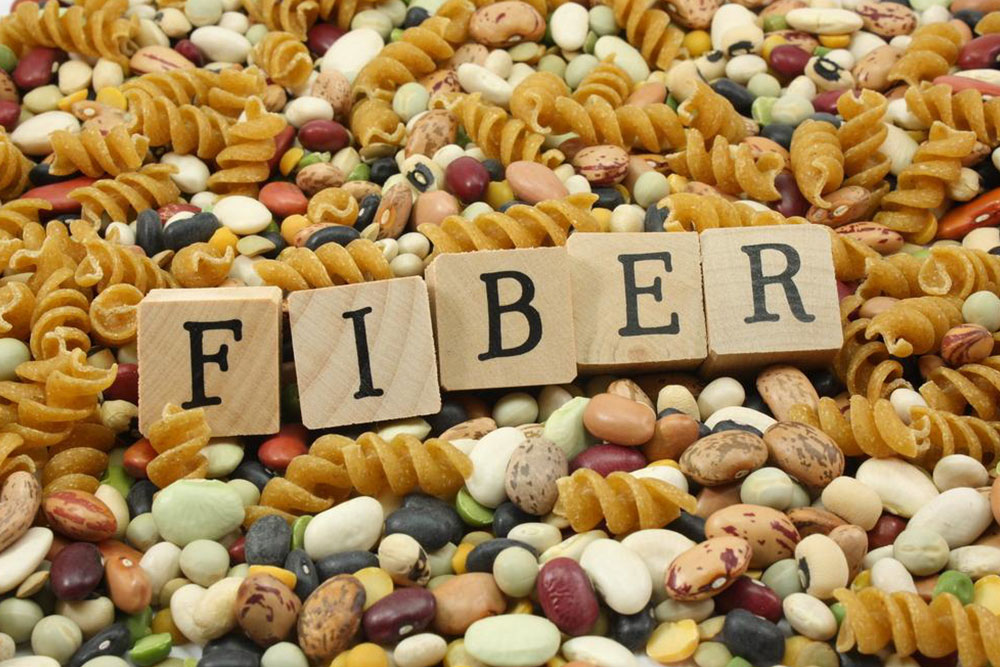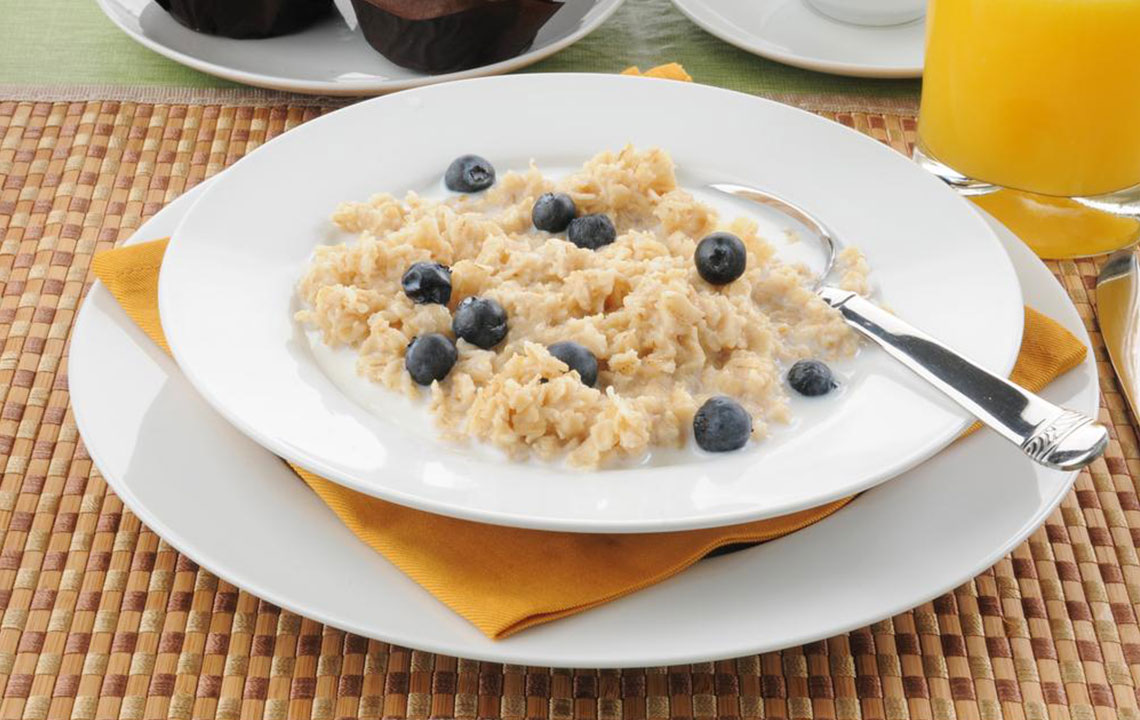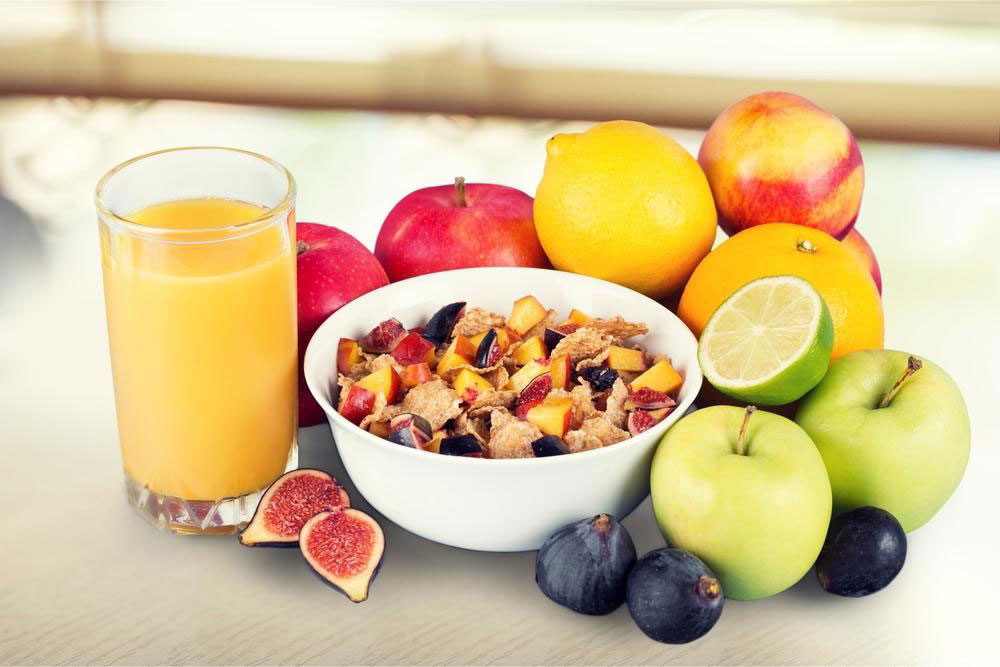Advantages of Incorporating High-Fiber Foods into Your Diet
Discover the vital benefits of a high-fiber diet for weight management, digestive health, cholesterol reduction, and blood sugar control. Incorporate fiber-rich foods like beans, fruits, and whole grains into daily habits for a healthier lifestyle and disease prevention. Combining proper diet with exercise amplifies health benefits.

Advantages of Incorporating High-Fiber Foods into Your Diet
Adopting a healthy lifestyle often involves regular physical activity and avoiding smoking and alcohol. However, a critical component that is frequently overlooked is consuming a diet rich in fiber. While steering clear of greasy foods and unhealthy habits can enhance overall well-being, ensuring enough fiber intake is equally vital. Let's explore how high-fiber foods contribute to health.
Supports Healthy Weight Management
As obesity rates rise, it becomes crucial to counteract weight gain, which is often linked to sedentary habits and processed foods. High-fiber diets help because fibrous foods are more satiating and lower in calories, promoting less overall intake and increased calorie burning.
Enhances Digestive Health
Consuming enough fiber ensures regular bowel movements, preventing constipation, which can lead to complications like hemorrhoids, fecal impaction, or anal fissures. High-fiber diets support colon health and may lower colorectal cancer risk.
Reduces Cholesterol Levels
Elevated LDL cholesterol can lead to clogged arteries and increase heart disease and stroke risk. Fiber-rich foods help lower bad cholesterol and improve arterial health. Incorporating such foods and reducing saturated fats is beneficial.
Regulates Blood Sugar
For diabetics or those aiming to prevent the disease, high-fiber foods—especially a mix of soluble and insoluble fibers—aid in controlling blood sugar levels. Soluble fiber reduces cholesterol absorption, while insoluble fiber promotes digestive regularity.
Recommended Daily Intake
Foods like lentils, beans, artichokes, broccoli, berries, pears, and avocados are excellent sources of fiber. Whole grains, flaxseed, and chia seeds also contribute. Aim for approximately 14 grams of fiber per 1,000 calories, translating to about 25 grams daily for women and 30-38 grams for men. Older women (over 51) should target around 21 grams. Incorporating adequate fiber into your diet is a small but impactful step toward disease prevention and overall health. Combine with regular exercise for optimal benefits.










